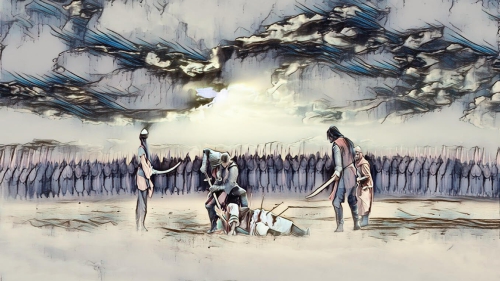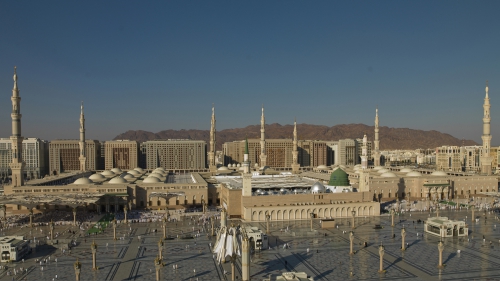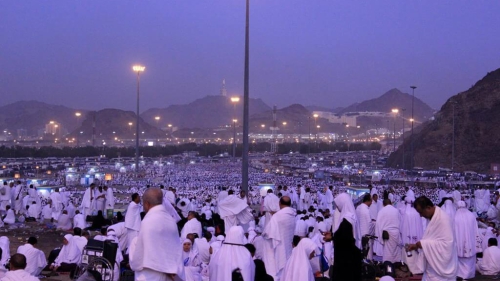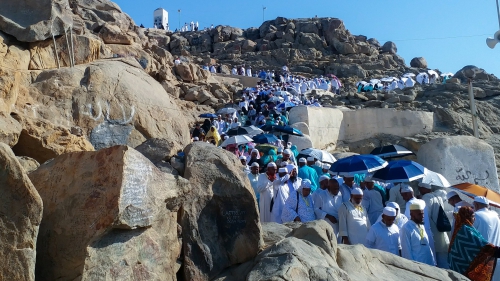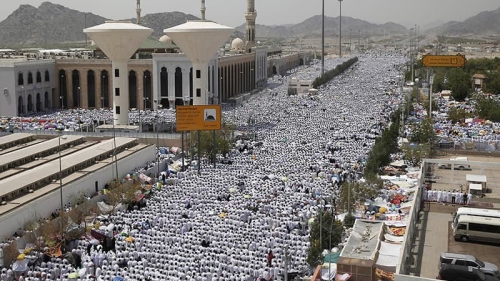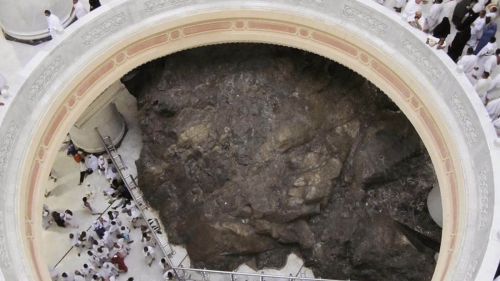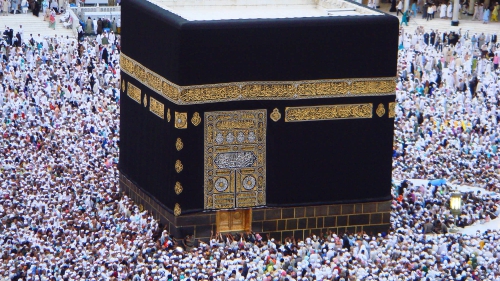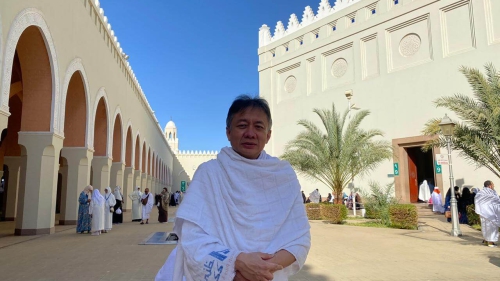The Spiritual Jackpot
 |
The topic was "Indians of the Midwest" and the professor was knowledgeable and conveyed serious respect for Native culture, but something kept gnawing at me as she talked.
There are two types of Indian stereotypes, she said - the negative (the ignorant savage, the abductor of white women, etc.) and the romantic (woo-woo, New Agey, let's play Indian, "go 'Skins!") - and left it at that, implying, OK, if you are non-Native, the best attitude to strike is a certain respectful distance, neither denigrating the culture nor seizing hold of it like an idiot. If you want more, attend lectures and look at the artifacts on display behind glass cases, but DO NOT TOUCH.
This was all academic and sensible, the voice of the expert, an anthropologist, and given the history of the last 500 years - given colonialism, land grabs and boarding schools, given the genocide perpetrated by Western governments on every continent during and beyond the Age of Exploration - understandable, but only up to a point. Beyond that point, it's just more cultural arrogance, a denial of the relevance of indigenous consciousness in the present moment.
The question I finally blurted out was: What's beyond the stereotypes? What about the actual interaction between cultures? She shrugged. It happened in the 18th century, at least sporadically, she said, before American independence and the new nation's systematic conquest of the continent.
Something inside me was pushing hard against her matter-of-fact expertise. What about in the 21st century? I asked. I didn't, in that moment, have the words to articulate what I really meant: What about the flow of Earth-connected awareness from indigenous peoples to the planet-conquering, cluelessly arrogant West? Where is that happening? In any case, she shook her head. She didn't see any significant cultural integration, any flow of values, happening anywhere, and seemed surprised that I asked.
This was about a month ago. I was reminded of the encounter the other day, when a New York Times story gleefully informed me that values are indeed flowing between the cultures, in the wrong direction, as Western belief in the sacredness of money, and the smallness of consciousness that accompanies money worship, infects tribal culture.
Specifically, the story examined how casino money has led to the phenomenon of tribal disenrollment - the casting out of lifelong members of casino-rich tribes, particularly in California - where in 2010 casinos on 60-some reservations took in over $7 billion.
According to the article, "The money and the immense power (casino income) has conferred on tribes that had endured grinding poverty for decades have enticed many tribal governments to consolidate control over their gambling enterprises by trimming membership rolls, critics and independent analysts say."
California tribes have disenrolled at least 2,500 people over the past decade, alleging lack of authentic ancestry in that tribe - one more silent consequence of the Western genocide of previous centuries, when "dozens of tiny tribes ... were decimated, scattered and then reconstituted."
And now the disenfranchisement continues, often to devastating psychological as well as financial consequence for the disenrollees, who find themselves instantly stripped of their heritage by a legal document and sometimes forced, with their children, out of their homes.
Ironically, critics of the disenrollment trend are forced to appeal to the U.S. government, asking Congress to empower federal courts or the Bureau of Indian Affairs "to provide legal recourse to Indians who believe they have been disenrolled improperly."
But this, of course, not only diminishes tribal autonomy, it also continues the process of shattering what was once whole into ever smaller shards of legal squabbling. The Times story evinced no awareness of indigenous values that are significantly different from Western values - who, after all, is going to question the sacredness of $7 billion? - and presented the dispute as just another struggle between aggrieved parties.
And whatever values that were once overarching in the indigenous worldview - the living universe, the connectedness of all living beings, the sacredness of place and relationship - retreat behind the glass case of historical curiosity.
In counterpoint to the casino story, I make note of the sawmill in northern Wisconsin owned and operated by Menominee Tribal Enterprises, which for decades has been incorporating sustainable forestry practices with its business operation, "balancing harvest with annual growth" and keeping the forest viable, a place for spiritual rejuvenation as well as a source of timber.
I also note that the global restorative justice movement - with its emphasis on honest communication and healing rather than punishment - emerged in indigenous communities in Northern Canada and New Zealand, and is now slowly catching on in, and transforming, crime-beset pockets of Western culture.
We're skidding toward global economic and environmental collapse unless we can reclaim our shared humanity and rediscover our place in the circle of life - that is, embrace values bigger than money and power. I believe this is possible, but only with indigenous consciousness as our spiritual cornerstone.
*****
Robert Koehler is an award-winning, Chicago-based journalist, contributor to One World, Many Peaces and nationally syndicated writer. His new book, Courage Grows Strong at the Wound (Xenos Press) is now available. Contact him at koehlercwgmail.com or visit his website at commonwonders.com.






